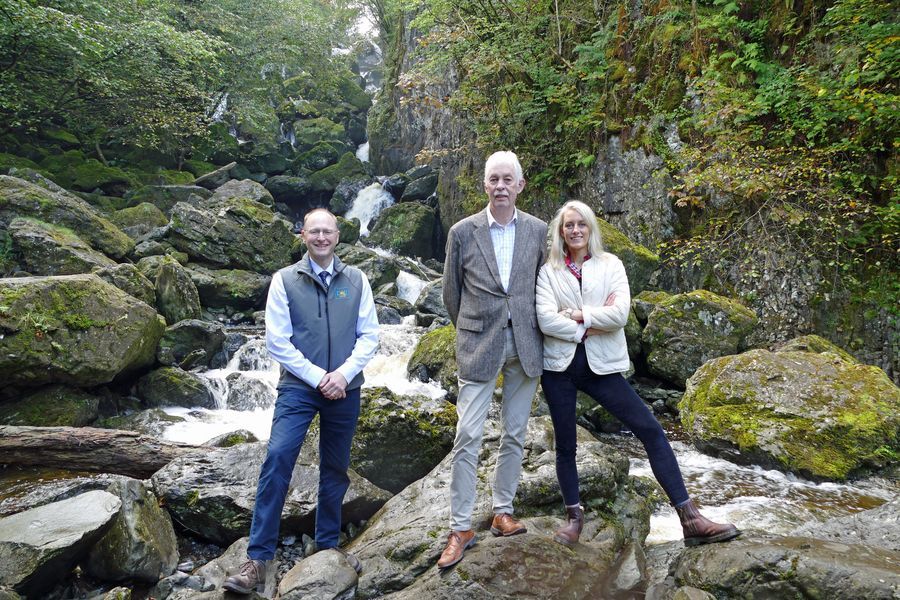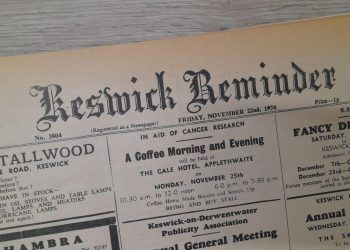
A Lake District hotel has turned to hydro power to help it reduce energy costs and cut its carbon footprint.
The Lodore Falls Hotel, overlooking Derwentwater, has harnessed the power of the waterfall from where it gets its name.
Supported by Cockermouth-based rural surveyors Davidson and Robertson, the project’s initial phase has been completed.
The Lodore Falls Hotel was built in 1870. The Lodore Falls sit behind the hotel and flows through a hydro power scheme that had been leased to a tenant supplying electricity to the National Grid.
As the tenant’s lease was coming to an end, Charles Graves, director of Lake District Hotels Limited, saw an opportunity to use the electricity for powering the hotel, cutting energy costs and improving the environmental credentials of the business.
Davidson & Robertson has been working with the hotel group on other projects, so associate director Paul Robinson, who has vast experience in infrastructure projects, was brought on board.
Paul helped navigate through negotiations and the complexities of the transfer including associated licences, to the hotel. The whole process took months, working closely with legal and hydro specialists and securing licences including the Environment Agency Water Abstraction Licence, Grid Connection Agreement, Power Purchase Agreement and the Renewable Obligation Accreditation documentation.
Mr Graves said: “We are an environmentally conscious company with the aim of reducing our impact on the planet and as a result, we have been investing in technologies that can help us work as sustainably as possible for many years.
“From biomass boilers and low energy lights to refillable, eco-friendly toiletries, we look at every part of our business. When we started looking at bringing the hydro power back in-house, it was very clear that we needed the professional help of someone who could call on a wide range of specialists, and who could handle the intricacies of the processes and paperwork.
“In Paul we found someone who gave us real confidence, who was able to keep the project moving forward and someone who was very clear sighted on our end goal. Without his support it would have been a much more protracted and frustrating process, so we are very grateful.”
Mr Robinson said: “Over the last 150 years, hydroelectric schemes have revolutionised electricity generation in the UK. They are one of the most inexpensive ways to generate power and play an important role in our electricity system stability.
“It is a flexible, proven technology that has been refined over many years but it is a very site specific. It means this type of technology drives innovation, because it can utilise a wide range of resources from dams and rivers to tidal ranges and in this case, an iconic waterfall.
“Lake District Hotels is a family run business, so it has been very gratifying to work with a company that has a long term holistic view of sustainable tourism, making the most of assets and staying as low carbon as possible.
“Charles and the team have already invested in a variety of environmentally sustainable technologies, and this hydro scheme is just the latest.
“Hydropower offers long term generation and schemes have an 80-year life compared to 25 years for wind, solar PV and AD or 35 years for nuclear. If you have the raw materials to work with it is very effective.”








